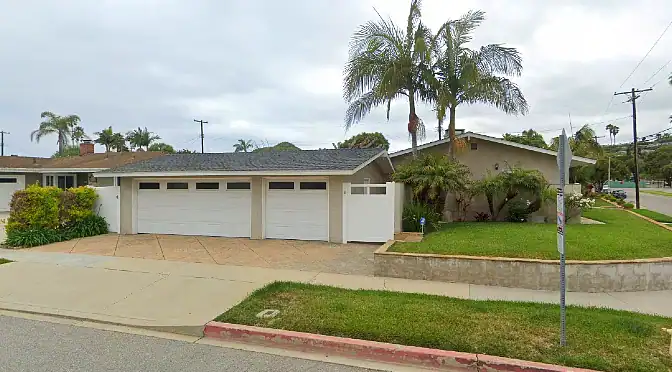
3 Main Hard Money Loan Requirements
How to Qualify for a Hard Money Loan
Many borrowers who haven’t previously used hard money are unclear about what is required to qualify for a hard money loan. Hard money loans for real estate have very few requirements when compared to traditional bank loans. Hard money loans are asset-based, which means the lender is primarily concerned with the value of the property and the borrower’s equity in the property. The larger the borrower’s equity, the safer the loan will be for the lender.
Hard money lenders will also require the borrower be strong enough financially and has the necessary cash reserves to pay the monthly loan payments and other responsibilities of the property. Some experience in real estate or a well-defined plan for the property will also be required by the lender.
1. Down Payment / Equity
The main requirement for obtaining a hard money loan is having the necessary down payment or equity in the property to serve as collateral for the loan. The minimum amount generally ranges from 25-30% for residential properties and 30-40% for commercial properties. In some situations, a borrower may be able to use multiple properties in order to secure one loan. This is known as cross-collateralizing.
A hard money loan request with a larger down payment (or higher amount of equity in the case of a bridge loan, refinance loan, etc.) will have a better chance of being approved than a smaller or minimum down payment. The larger the amount the borrower has invested in the property, lower the amount of risk for the lender.
2. Cash Reserves / Overall Financial Strength
Another hard money loan requirement is having the necessary cash reserves to make the monthly loan payments and other holding costs. Holding costs may include insurance, taxes, HOA payments or other payments that must be taken care of while the borrower owns the property. The higher the amount of cash reserves the borrower is able to show, the greater the likelihood the hard money loan will be approved.
A potential borrower without any cash reserves may have a hard time obtaining a hard money loan. In some cases, a lender may be able and willing to increase the loan amount and hold back the borrower’s funds to cover loan payments, taxes, insurance and other holding costs. This way the borrower can still get their loan and the lender will be assured that the necessary payments will be met.
Hard money lenders will always prefer to work with strong borrowers when possible. The higher the likelihood the borrower will default on the loan, the more risk the lender is being exposed to.
3. Exit Strategy / Experience in Real Estate
The hard money lender will also want to know something about the borrower’s experience in real estate. A 25 year veteran of real estate investing will generally have an easier time obtaining a hard money loan compared to the borrower who is trying to finance their first fix and flip project.
For a borrower with relatively little experience, the hard money lender is going to want to know the details of the project and property. The assumptions made by the borrower must be reasonable including an exit strategy for the property (how the borrow will repay the loan).
Hard Money Loan Approval (Hard Money Proof of Funds & Pre-Approval Letters)
Once the potential borrower has shown they are able to satisfy all of the hard money lender’s requirements, they will receive verbal approval from the lender. If not already completed, the borrower will need to fill out the hard money loan application forms. This is essentially a brief personal financial statement detailing the borrower’s income, assets and liabilities as well as information about the requested loan.
Even if a borrower doesn’t currently have a subject property, they can fill out the loan application and receive a hard money pre-approval letter (hard money proof of funds letter) for a specific purchase price. Once the borrower identifies a specific property, the hard money lender can provide the borrower with a custom hard money loan pre-approval letter that includes the subject property address. The letter can be submitted with the property offer. Submitting a pre-approval letter with the offer makes it a much stronger offer.
Recent Hard Money Loans Funded by North Coast Financial
California Hard Money Loan Request
We will contact you to review the loan scenario and provide a quote.




